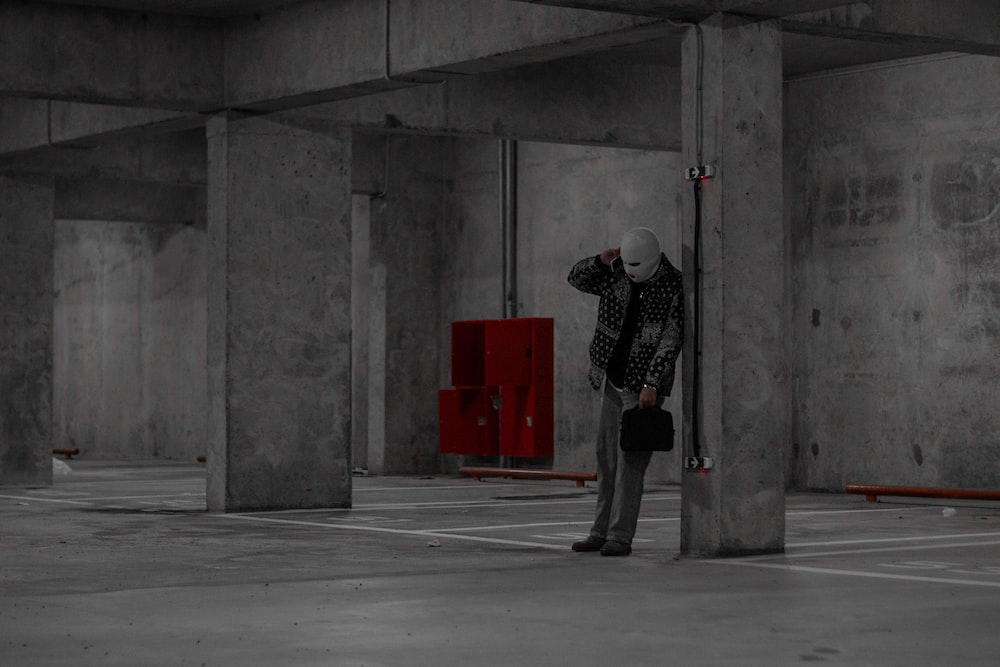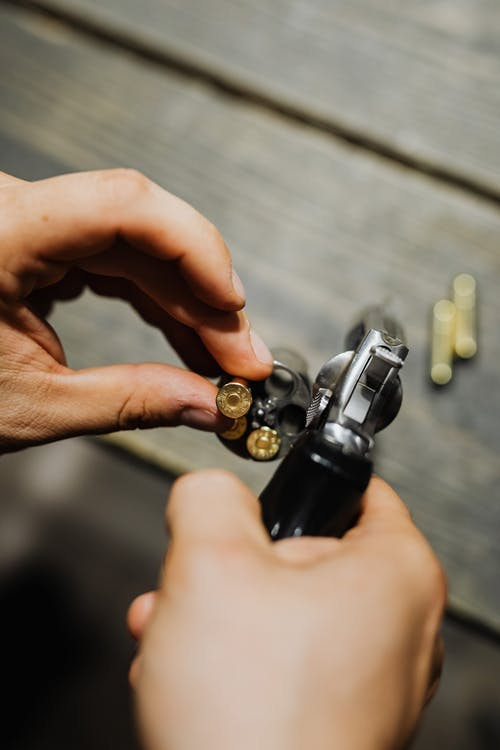An Introduction to Mexico’s Laws on Qualified Homicides
If you’ve ever watched a cop drama, chances are you’ve heard of the term “homicide”. It refers to one human being causing the death of another either intentionally or unintentionally. Last year, homicides accounted for almost 27 deaths per 100,000 people in Mexico, making Mexico’s homicide rate among the world’s highest.
In cities like Tijuana, the homicide rate is higher than the national average due to intentional homicides carried out by the likes of cartel members. Many of these homicides are deemed “qualified homicides” by Mexico’s Federal Penal Code and come with extremely tough penalties. But what is a qualified homicide, and how is it handled under Mexico’s criminal justice system?
If you’re pondering the answers to these questions, read on! Here’s an introduction to some of Mexico’s key laws on qualified homicides.
How Do Mexican Laws Define Qualified Homicides?
Mexico’s Federal Penal Code defines intentional homicide as one person deliberately ending another person’s life. Intentional homicides can only be ruled once two or more medical experts have completed an autopsy and confirmed that the deceased died due to a fatal injury inflicted by another person. If the cause of death isn’t a deliberate fatal injury dealt by another person, the act isn’t deemed an intentional homicide. But where do ‘qualified’ homicides come in?
According to Article 315 of Mexico’s Federal Penal Code, a homicide is deemed qualified if it was premeditated (intentional) and the perpetrator had an “advantage” over the victim before they died. Mexico’s laws deem an individual to be at an advantage if they manipulate or betray the victim before ending their life. Moreover, if the perpetrator was in a physically stronger position than the victim before they died, they’re deemed to have had an advantage. This includes using weapons or being physically stronger than the victim.
If you’re still unsure about the definition of qualified homicides, we recommend reaching out to a homicide crimes attorney for clarification.
Homicides During Robberies

If an individual kills someone while robbing a home in Mexico, they’re automatically deemed to have committed an intentional homicide. According to Articles 315 Bis and 320 of Mexico’s Federal Penal Code, committing a qualified homicide during a robbery could land you in prison for up to sixty years.
Oftentimes, homicides during robberies are automatically deemed to be qualified homicides because robbers are typically armed and/or have tricked homeowners to be able to break in undetected.
Emotionally Driven Homicides

Imagine finding out your child was ruthlessly murdered—we wouldn’t blame you for seeing red if you were ever to suffer the misfortune of hearing such news. However, it’s worth noting that if you were in this scenario and committed a homicide in revenge, you would be liable for up to 8 years in prison as per Article 308 of Mexico’s Federal Penal Code. And if you were to commit this murder having obtained an advantage as discussed previously in this article, your homicide would be deemed qualified, and you’d be liable for even heavier penalties.
Mexican laws make it clear that the answer to someone losing their life can never be the loss of additional lives. The last time the death penalty was used to punish someone who had committed a homicide in Mexico was when a six-year-old girl was raped and murdered in 1957. The perpetrator was deemed to have committed a qualified homicide having tricked the victim into coming with him and was subsequently executed by a firing squad. In the years since Mexico has abolished the death penalty.
Fights Leading to Intentional Homicides

It’s common for fistfights to end when one of the people involved is knocked out. But what happens if the fight doesn’t end once this happens and one person ends up killing another? If this occurs, the act will be deemed a homicide as per Article 308 of Mexico’s Federal Penal Code. However, whether it’s a qualified or unqualified homicide depends on the circumstances surrounding the death.
For instance, if the victim was struck in a one-on-one fight and died instantly, the homicide is likely to be deemed unqualified. Why? Because the perpetrator had no clear advantage over the victim. However, if the victim was knocked out but didn’t die until additional blows were dealt by the perpetrator while the victim lay unconscious, the homicide may be deemed qualified.
If you want further clarification on qualified homicides during fights, we recommend speaking to a reputable homicide crimes attorney.
Fabian Meneses of Meneses Legal is an Expert Homicide Crimes Attorney in Mexico

If you’re still unsure about Mexico’s laws on qualified homicides, why not reach out to our team of expert criminal defense lawyers at Meneses Legal for help? We’re a law firm based in Tijuana, Mexico that has built a solid reputation for offering stellar homicide crimes attorney services. We also defend clients charged with crimes involving firearms, drugs, sex, and contraband smuggling. We operate in numerous locations across Mexico, including San Ysidro, and our criminal justice attorneys possess over 40 years of combined legal experience.
Fill out our online form today to arrange a consultation with a seasoned homicide crimes attorney in Tijuana. Alternatively, dial 619-777-8627 (USA), 664-500-6896 (Mexico), or email info@meneseslegal.com, and we’ll reach out to you as soon as possible.






